I won't call myself a nerd - because reading is cool and you can't change my mind - but one of the major things I've longed for over this summer as I slaved away for three online classes and 30 hours a week at work is private time with some great novels.
For the last two months or so, I've bitterly scrolled through social media posts of other people having the ideal summer, but the reality is that most of us are just complaining about not having it, and hardly anyone is living it, because the "perfect summer" is an unattainable concept after high school for 98% of people.
Work, school, family commitments and wrenches in all our big plans make up pretty much every day of our lives, including the warm sunny months (which are a luxury if you live in Washington like me).
The following four novels all encompass those feverish end-of-summer feelings for me, whether through setting, characters or themes.
1. "Enigma Variations" by Andre Aciman
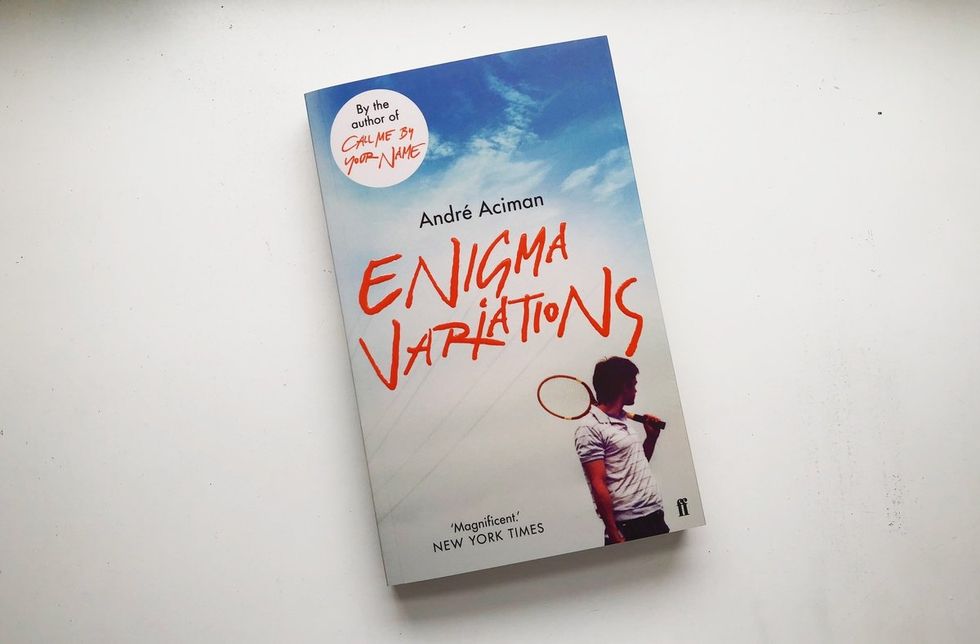
From a youthful infatuation with a cabinet maker in a small Italian fishing village, to a passionate yet sporadic affair with a woman in New York, to an obsession with a man he meets at a tennis court, Enigma Variations charts one man's path through the great loves of his life. Paul's intense desires, losses and longings draw him closer, not to a defined orientation, but to an understanding that 'heartache, like love, like low-grade fevers, like the longing to reach out and touch a hand across the table, is easy enough to live down'.
André Aciman casts a shimmering light over each facet of desire, to probe how we ache, want and waver, and ultimately how we sometimes falter and let go of the very ones we want the most. We may not know what we want. We may remain enigmas to ourselves and to others. But sooner or later we discover who we've always known we were.
If you know me IRL, you'll might be aware that I think André Aciman's "Call Me By Your Name"is one of the most incredible works of contemporary fiction ever written, and my experiences reading it changed the way I think and write about life. Well, he wrote other books too, one of them being "Enigma Variations" and I have been saving it for months. Aciman's prose is never short of intimate, honest, and exciting. It seems like the perfect late-summer book to get lost in.
2. "The City of Brass" by S.A. Chakraborty (The Daevabad Trilogy, #1)
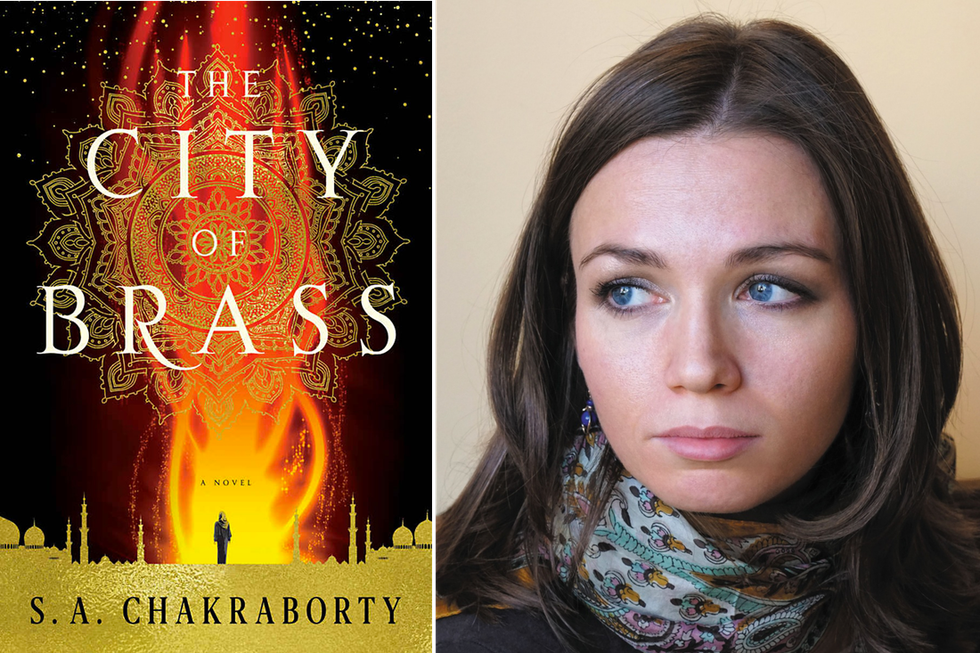
Nahri has never believed in magic. Certainly, she has power; on the streets of 18th century Cairo, she's a con woman of unsurpassed talent. But she knows better than anyone that the trade she uses to get by—palm readings, zars, healings—are all tricks, sleights of hand, learned skills; a means to the delightful end of swindling Ottoman nobles.
But when Nahri accidentally summons an equally sly, darkly mysterious djinn warrior to her side during one of her cons, she's forced to accept that the magical world she thought only existed in childhood stories is real. For the warrior tells her a new tale: across hot, windswept sands teeming with creatures of fire, and rivers where the mythical marid sleep; past ruins of once-magnificent human metropolises, and mountains where the circling hawks are not what they seem, lies Daevabad, the legendary city of brass, a city to which Nahri is irrevocably bound.
This is the only fantasy story on the list, and that's because it's freakin' amazing. This novel was recommended in a video by one of my favorite booktubers, ReadBetweenTheWine (she drinks and rates books - what more could you want out of life?) and I really suspected she was overreacting when she said this was her favorite novel of all time. But she's also extremely critical and has sharp instincts for a great story - also we gotta be out here supporting our WOC writers! - so I gave it a shot. If you happen to have another Islamic-mythology-fantasy-adventure book waiting to be read - drop it and read this one instead.
All I can say: Fasten your proverbial seatbelt (or whatever safety precautions you use for a flying carpet - spoiler alert) and lock yourself a way for some private time because you'll need to laugh, talk aloud to yourself, and cry in peace for this one. I'm 64 pages into the sequel, "The Kingdom of Copper" currently, which came out this past January (yes, it's taken me this long to start it - I had to let some wounds heal) and I'm hooked. There will be a third and final installment in January 2020.
3. "The Nickel Boys" by Colson Whitehead
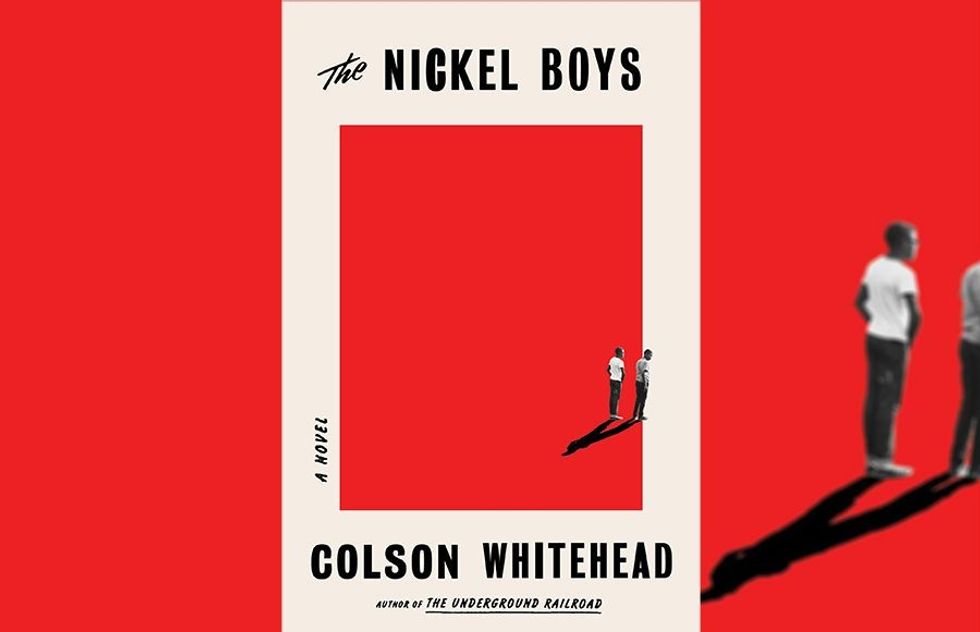
As the Civil Rights movement begins to reach the black enclave of Frenchtown in segregated Tallahassee, Elwood Curtis takes the words of Dr. Martin Luther King to heart: He is "as good as anyone." Abandoned by his parents, but kept on the straight and narrow by his grandmother, Elwood is about to enroll in the local black college. But for a black boy in the Jim Crow South of the early 1960s, one innocent mistake is enough to destroy the future.
Based on the real story of a reform school in Florida that operated for one hundred and eleven years and warped the lives of thousands of children, The Nickel Boys is a devastating, driven narrative that showcases a great American novelist writing at the height of his powers.
If you haven't heard of this novel, you must be living under a rock. It's been getting So. Much. Attention. The first place I saw it was actually featured in a reading list in a magazine while I was getting my hair cut a few weeks ago, and then I realized I was seeing it everywhere. I haven't read Whitehead's first novel, "The Underground Railroad" but I've heard it was amazing, and people are saying this book is better. It's based on real events at a real reform school that closed only in 2011, and the abuse shouldered by the black boys there. Not here for a joyride, but I'm definitely in for a wake-up call.
4. "Lolita" by Vladimir Nabokov
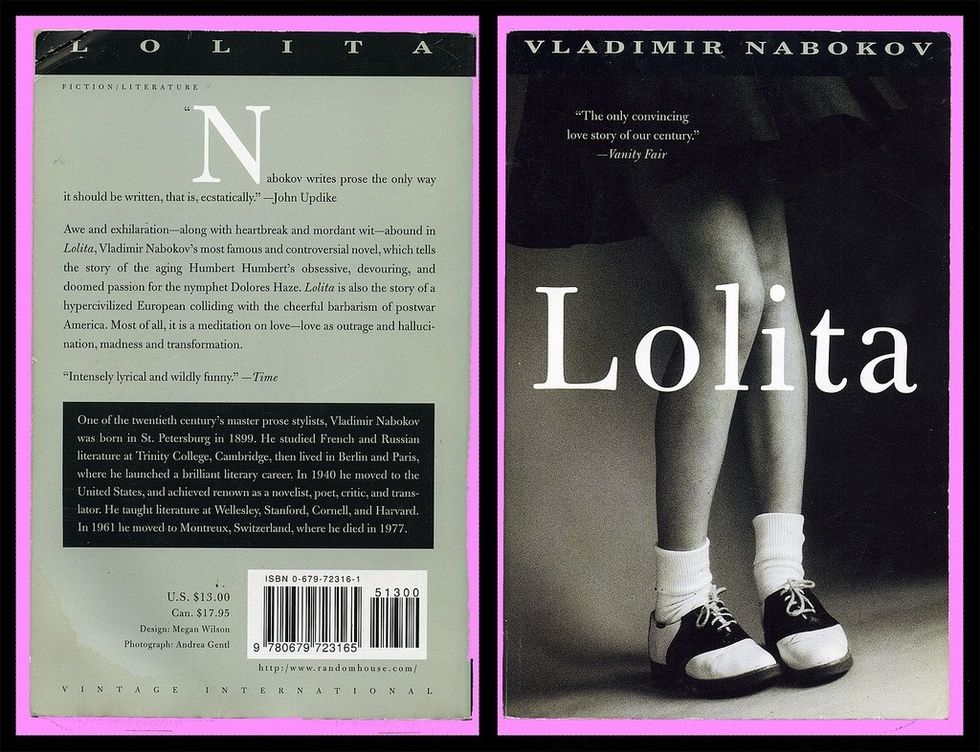
Awe and exhilaration - along with heartbreak and mordant wit - abound in "Lolita," Vladimir Nabokov's most famous and controversial novel, which tells the story of the aging Humbert Humbert's obsessive, devouring, and doomed passion for the nymphet Dolores Haze. "Lolita" is also the story of a hypercivilized European colliding with the cheerful barbarism of postwar America. Most of all, it is a meditation on love - love as outrage and hallucination, madness and transformation.
Is it surprising that I've never read this? I never had much of an interest in immersing myself in Nabokov's disturbing, and yet very human, masterpiece, but a few weeks ago it was mentioned online and I got searingly curious about it. I ordered it on Amazon a few days later after being unable to get it out of my head (and watching the film with Jeremy Irons - I definitely need a good noodle star revoked for not having enough self-control to read the novel first). Of course I had to be extra about it and order the 2000 Penguin UK Classics collection copy that's double the price of any mass-market edition. Sue me.



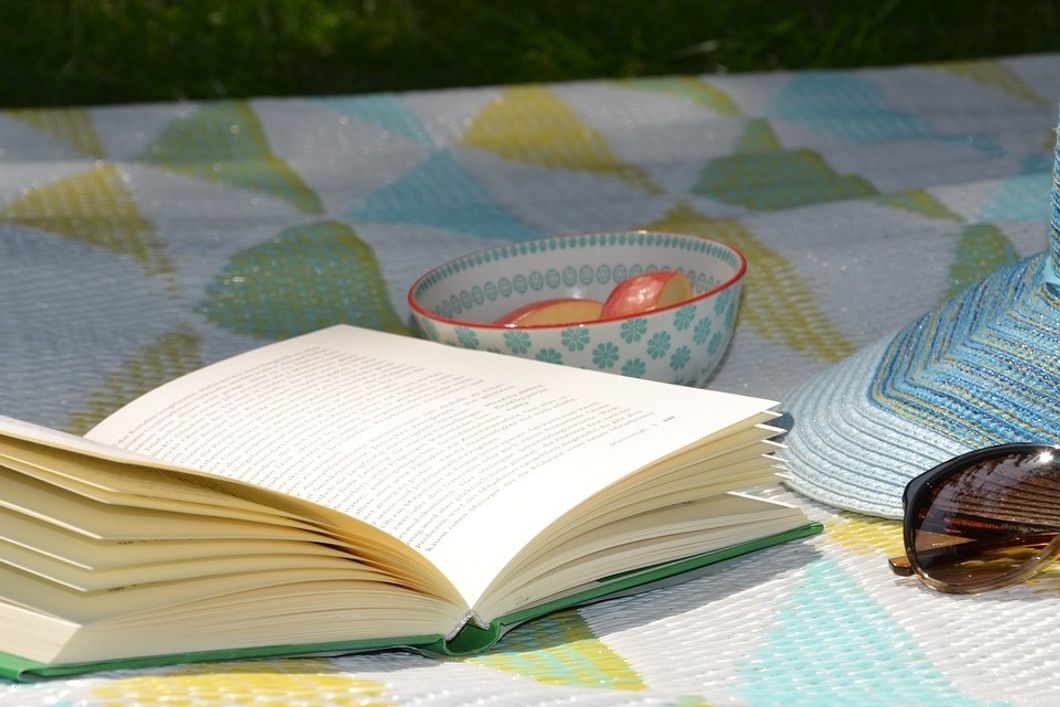

 Photo by
Photo by  Photo by
Photo by  Photo by
Photo by 


















